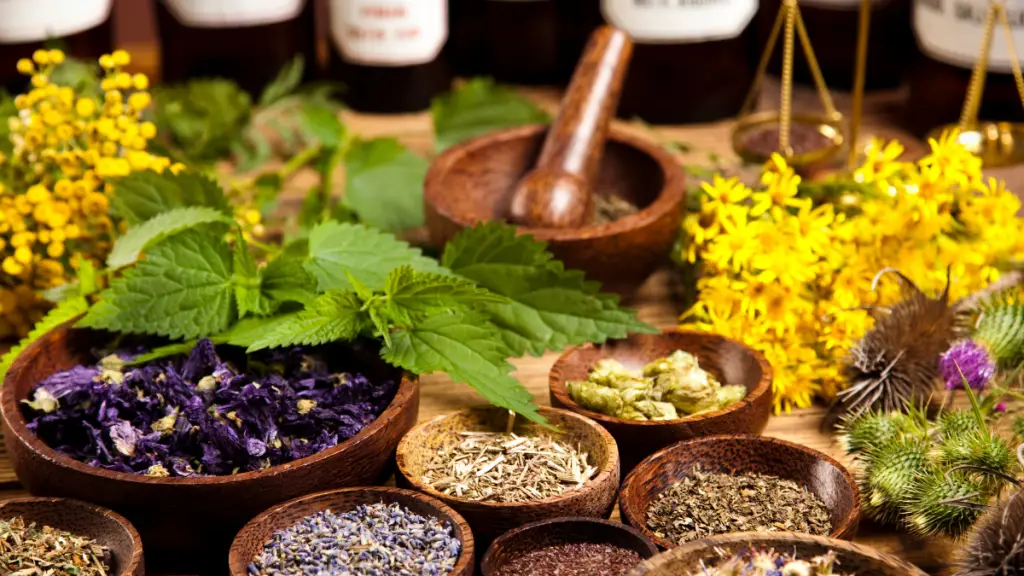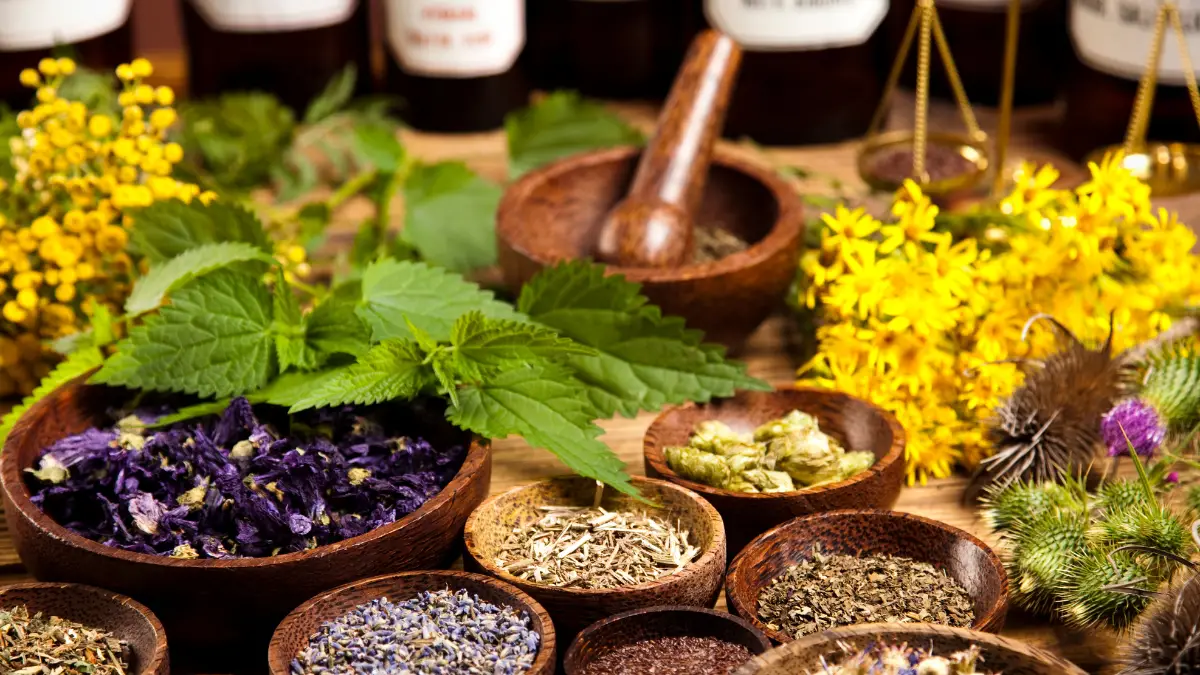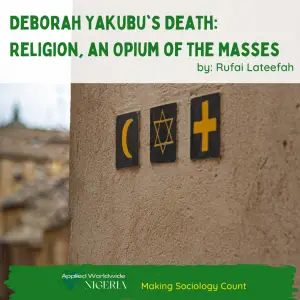Nigeria is a country with diverse ethnicities, cultures, and religions. This diversity of the world’s most populous black nation manifests in many ways, including the herbal medicine each group uses to cure ailments. In the succeeding paragraphs, we would look closely at scientific and herbal medicine in Nigeria.
It is established in both literature and movies of Nigerian extraction, that traditional or otherwise herbal medicine has been in existence in Nigeria for time immemorial and it is still in practice to this day.
For example, in many streets and public spaces in Northern Nigeria, where I am familiar with, vendors of local or traditional medicine are seen selling their wares, in many instances moving around in cars with loudspeakers advertising their products. Despite the noise pollution and nuisance these herbal medicine sellers cause to the public, they provide crucial service to those who patronize them. Many of these herbal medicines are cheap, with some herbs, which can allegedly cure multiple ailments going for as low as 100 Naira.
It is based on the above background of the cheapness, availability, and seeming unregulated nature of the herbal medicine industry of Nigeria that this article will attempt to discuss the herbal medicine viz-a-viz the scientific medicine in Nigeria with the aim of proffering ways through which more value can be created for Nigerians through the practice.
Scientific vs Herbal Medicine in Nigeria
One of the most fundamental differences between scientific and Herbal Medicine is that for scientific medicine, its practitioners follow a standardized and formal process while herbal medicine practitioners mostly inherit the skill from their parents.
Scientific medicine is called Orthodox medicine while herbal medicine is called alternative medicine. A new trend in the healthcare sector is emerging where the two kinds of medicine are merged through what is called Complementary and Alternative Medicine (CAM).
A third dimension however exists which is traditional medicine. This involves the use of spiritual incantations and supernatural beliefs to cure ailments. In Nigeria, there is a wide superstitious belief that any ailment which defies scientific and Herbal approaches must therefore be a result of the activities of spiritual and supernatural beings.
The persistence of such traditional and spiritual medicine and its closeness to herbal medicine is what discourages many Nigerians from subscribing to the use of herbal medicine. This is because the two major religions in Nigeria, Islam and Christianity do not believe in any power that does not come from God. And believing in such traditional incantations amounts to blasphemy.
Dimensions of Herbal Medicine
Herbal medicine, just like scientific or Orthodox medicine is used to cure a wide range of ailments both internal and external. In the world, there are an estimated 35,000-70,000 herbs that are used for different purposes in medicine. In China, which is renowned for its reverence for using herbs for medicinal purposes, no less than 5,000 herbs and plants grown in different parts of the country are used for medical purposes.
In Nigeria, many herbs and plants are used to cure ailments. Some of the most commonly known and used plants for medicine in Nigeria include moringa, neem and guava leaves. They are used to cure ailments ranging from headaches, and hypertension down to diabetes.
For many women, herbs were used as local methods of family planning long before the advent of orthodox medicine in the country. While at the same time, certain herbs are also used as aphrodisiac and fertility boosters among both men and women.
These herbs are used in different ways with some herbs burned in the form of incense and the smoke arising from it being used as the treatment. This is very common for the treatment of nasal problems and sometimes for spiritual exorcisms.
Other herbs are soaked in water for many days and the juice formed from the prolonged soaking is used as the medicine for treatment.
There are also other herbs which are dried and blended into powdered form. These powders are either added into water, milk or honey and consumed whole. While other powdered herbs are spread over food and consumed whole. Also, some of these powders are used on open wounds as antibacterials to prevent infections and speed up the healing process.
Then there are oil-based herbs which are derived from the processing of plants or leaves that have oil contents. For herbs that do not have oil contents but are required in oil forms, their powders can be mixed with essential oils and used whole which makes them become carrier oils. Eg coconut oils, and black seed oils. These oil-based herbs are mostly used for dermal cases and hair care.

Regulating Herbal Medicine in Nigeria
The wide acceptability of herbal medicine in Nigeria due to its cheapness and availability makes the need for it to be regulated a matter of high priority. Now Nigeria is at a time when prices of commodities are skyrocketing daily. As a result of inflation and the crashing of the Naira against the dollar, it is important to look inward for medical solutions that are not only affordable but regulated.
The National Agency for Food and Drug Administration Control (NAFDAC) has serious work to do to ensure the herbal medicine that has proliferated on our streets is healthy and safe for consumption.
There is also the need for the curriculum of our schools of pharmacy to be adjusted to actively absorb the aspects of herbal medicine into the training of our pharmacists. By providing a formal context to herbal medicine, clinical expediency of each drug will be established before they are produced and introduced into the market.
The consumption of herbal medicine is usually not done according to standardized dosage and makes consumers prone to overdosing. But when the industry is regulated to administer the drugs based on acceptable dosage, it can go a long way in ensuring users are safe from overdose.
There is also the need for the government and the private sector to invest in the research and development of the herbal medicine industry. To enhance and improve the use of herbs to cure some of the most pressing diseases bedeviling us in Nigeria, especially malaria and typhoid. As it is, there is already a large market for herbal medicine and as such, such investment will yield positive results for the investors. And also improve the healthcare of Nigerians.
Conclusion
The herbal medicine sector of Nigeria holds a high prospect in helping Nigeria deal with both its healthcare problems and economic downturn. By regulating and ensuring the Herbal medicines produced in Nigeria are done according to best standards, Nigerians can benefit from using local and cheaper sources of cure to their ailments, especially at a time when Nigerians are going through incalculable hardship.
It is, therefore, pertinent as well that the blurry lines between spiritual medicine and herbal medicine be removed so that more people can have confidence in using herbal medicine, thereby increasing its acceptability.






